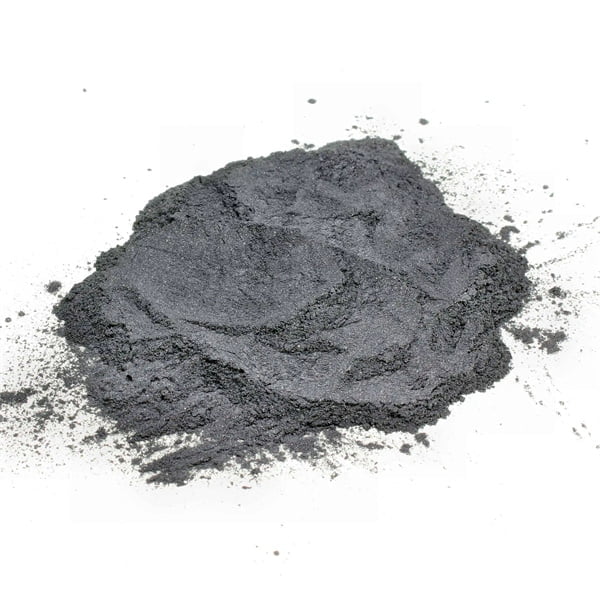
HIP-teknik
HIP technology or Hot Isostatic Pressing is an advanced manufacturing process to eliminate porosity, increase density, and improve mechanical properties of parts produced via additive manufacturing, casting, powder metallurgy and

HIP technology or Hot Isostatic Pressing is an advanced manufacturing process to eliminate porosity, increase density, and improve mechanical properties of parts produced via additive manufacturing, casting, powder metallurgy and

Gas atomization is a specialized manufacturing process to produce fine metallic powders with precise composition and consistent particle sizes. The powders find application across automotive, aerospace, medical, and industrial sectors.

Tungsten powder is a key material across several industries due to its high density, strength, and thermal stability. Choosing the right tungsten powder supplier is vital to get the appropriate
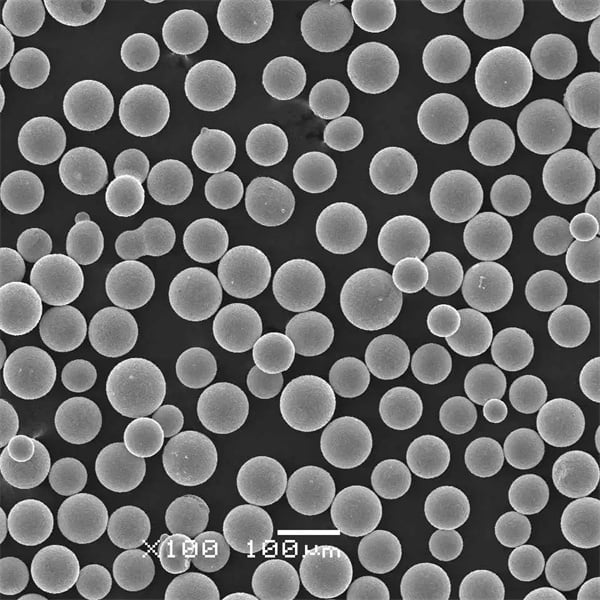
Atomized powder is a type of metal or alloy powder made by atomization, a process where molten metal is turned into fine droplets that solidify into powder particles. This powder
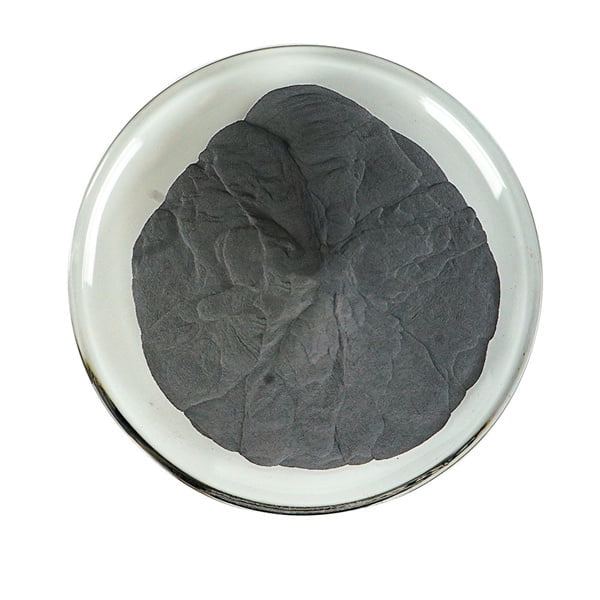
HIP or hot isostatic pressing uses heat and pressure to consolidate biocompatible metal powders into complex shapes suitable for hip replacement implants needing a balance of strength, longevity and bone
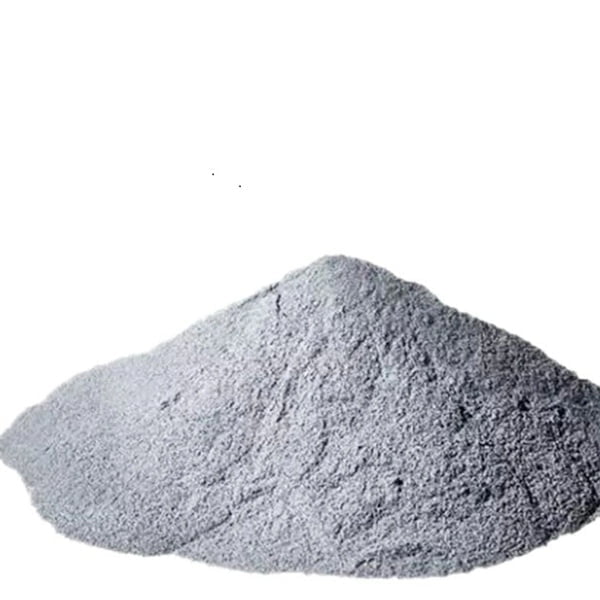
Metal alloy powders refer to fine particulate blends of metal elements that when consolidated create high performance components exploiting customized mechanical, thermal, electrical and corrosion properties unavailable in single metal
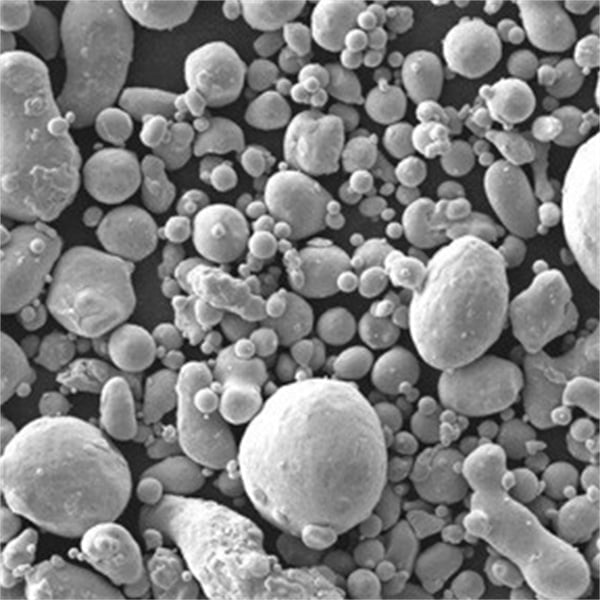
Aluminium alloy powder refers to powder metallurgy forms of aluminium alloys. Aluminium powders find use in various applications due to their lightweight, high strength, corrosion resistance, thermal conductivity, and electrical

Metal alloy powders comprise diverse precise blends of metal elements produced through atomization processing into fine spherical particles ideal for advanced fabrication techniques. This guide serves technical professionals a comprehensive

Refractory Powder Materials represent a specialized class of inorganic non-metallic materials exhibiting extremely high heat resistance used across demanding industries. This comprehensive guide serves technical professionals and buyers understanding all
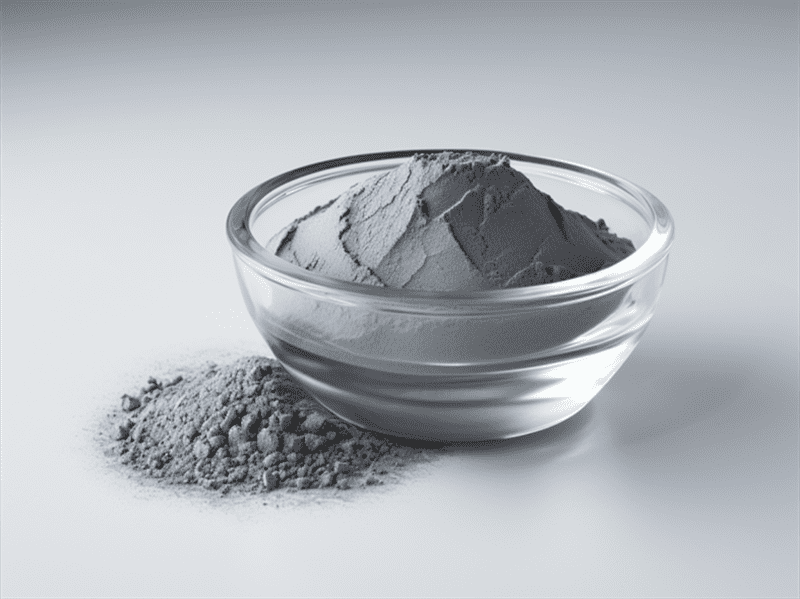
Molybdenum disilicide (MoSi2) is an intermetallic compound valued for high temperature stability, oxidation resistance, and thermal shock characteristics. As a powder, it serves thermal spray, sintering, and composite markets. This

HIP technology or Hot Isostatic Pressing is an advanced manufacturing process to eliminate porosity, increase density, and improve mechanical properties of parts produced via additive manufacturing, casting, powder metallurgy and other techniques. HIP technology Process Table 1: Summary of The Hot Isostatic Pressing Process Parameters Details Principle High temperature + High isostatic gas/liquid pressure to

Gas atomization is a specialized manufacturing process to produce fine metallic powders with precise composition and consistent particle sizes. The powders find application across automotive, aerospace, medical, and industrial sectors. Overview of gas atomized powder Table 1: Summary of the Gas Atomization Process Parameter Details Raw Materials Metals like titanium, aluminum, steels, nickel alloys in
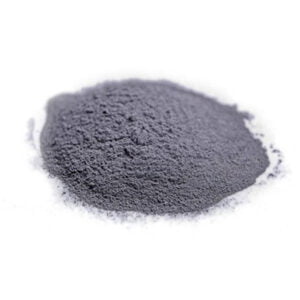
Tungsten powder is a key material across several industries due to its high density, strength, and thermal stability. Choosing the right tungsten powder supplier is vital to get the appropriate grade, quality and support for your application. Applications of Tungsten Powder Table 1: Major Applications of Tungsten Powder Industry Applications Defense Penetrators, radiation shielding Automotive

Atomized powder is a type of metal or alloy powder made by atomization, a process where molten metal is turned into fine droplets that solidify into powder particles. This powder production method allows for precise control over powder characteristics like particle size, shape, and composition. Atomized powders have become an important material across industries like
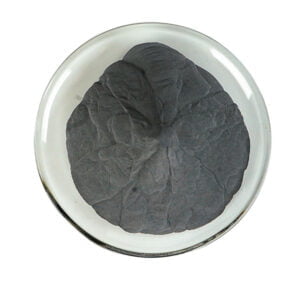
HIP or hot isostatic pressing uses heat and pressure to consolidate biocompatible metal powders into complex shapes suitable for hip replacement implants needing a balance of strength, longevity and bone integration ability. This guide covers key alloy types, production methods, characteristics, applications, specifications and comparisons of HIP metal powders for hip implants. Overview of HIP
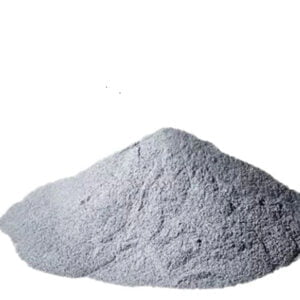
Metal alloy powders refer to fine particulate blends of metal elements that when consolidated create high performance components exploiting customized mechanical, thermal, electrical and corrosion properties unavailable in single metal forms. This guide details composition, production methods, characteristics, applications, specifications and comparisons for widely used nickel, aluminum, steel and titanium alloy powders. Overview of Metal
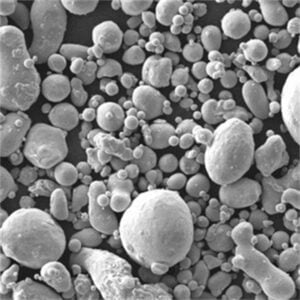
Aluminium alloy powder refers to powder metallurgy forms of aluminium alloys. Aluminium powders find use in various applications due to their lightweight, high strength, corrosion resistance, thermal conductivity, and electrical conductivity. Overview of Aluminium Alloy Powder Aluminium alloy powder is produced by atomization of molten alloys into fine droplets which solidify into powder particles. The

Metal alloy powders comprise diverse precise blends of metal elements produced through atomization processing into fine spherical particles ideal for advanced fabrication techniques. This guide serves technical professionals a comprehensive reference on metal powder alloy grades spanning typical compositions, mechanical properties data, manufacturing methods, key applications, and leading global suppliers. Overview of Metal Alloy Powders

Refractory Powder Materials represent a specialized class of inorganic non-metallic materials exhibiting extremely high heat resistance used across demanding industries. This comprehensive guide serves technical professionals and buyers understanding all key characteristics of refractory powders – spanning typical composition, critical properties data, manufacturing processes, applications, specifications and suppliers. Overview of Refractory Powder Materials Refractory powders
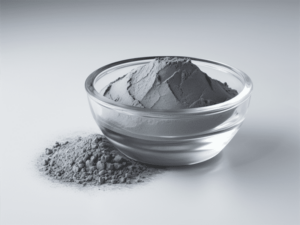
Molybdenum disilicide (MoSi2) is an intermetallic compound valued for high temperature stability, oxidation resistance, and thermal shock characteristics. As a powder, it serves thermal spray, sintering, and composite markets. This guide reviews MoSi2 powder specifications, manufacturing methods, usage examples, vendors, costs, limitations and alternatives to inform materials engineers. Molybdenum Disilicide Powder Overview Combining silicon with
Har du några frågor? Skicka oss meddelande nu! Vi kommer att betjäna din begäran med ett helt team efter att ha fått ditt meddelande.

Xmetto för 3D-printing och additiv tillverkning